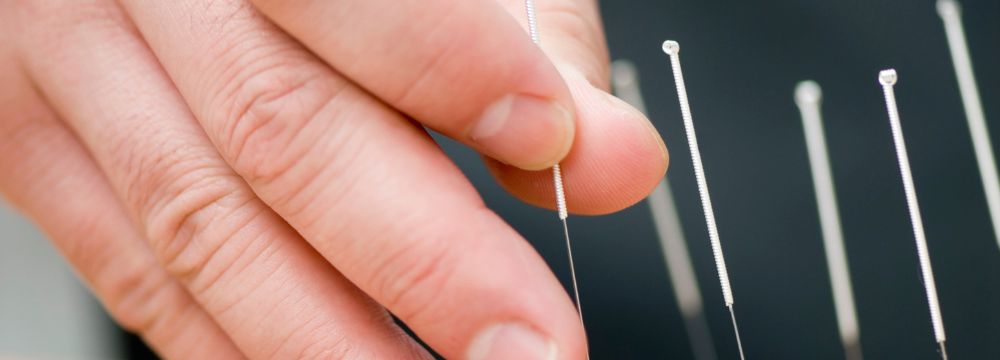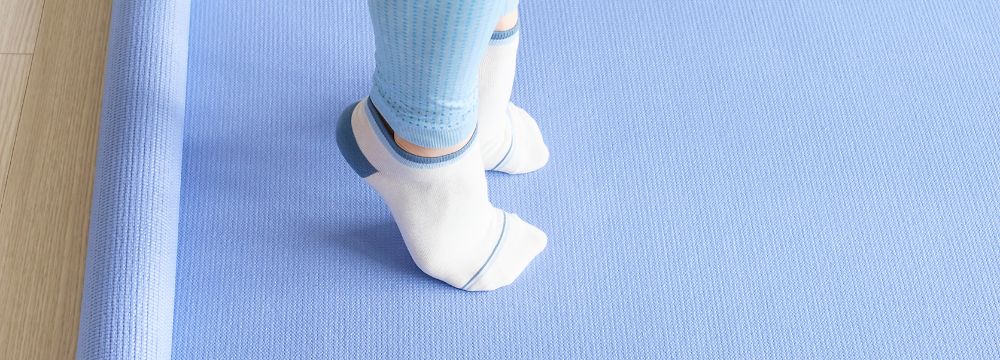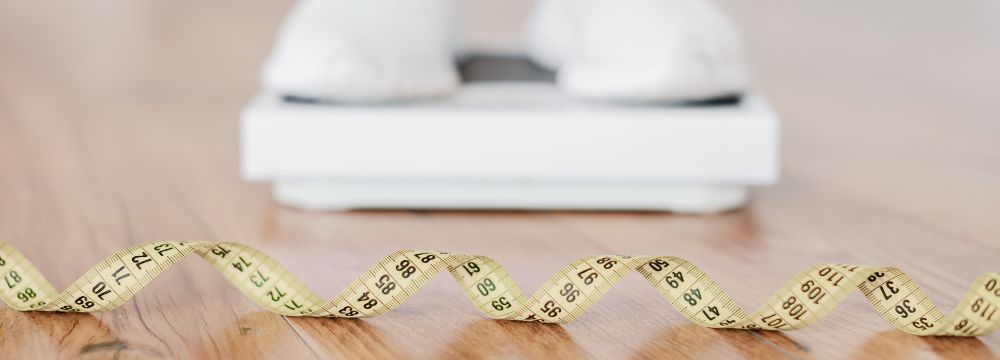
You’ve likely been told that many of the aches and pains associated with obesity are because of the excess weight and strain placed on your joints due to the added weight. Therefore, it is reasonable to believe that, as you lose weight, those joints and the pain should get significantly better. Obesity launches a two-pronged assault on the body, particularly the joints. On the one hand, the excess weight places additional strain on the joints, making it more difficult for patients to move freely and, over time, wearing away the thin cartilage layer separating bony structures. This is known as osteoarthritis. However, adipose or fat tissue also contributes to chemical releases that attack the joints and break them down further. If obesity is so bad for the joints, why then will many patients experience aches and pains after bariatric surgery?
Just as with obesity, losing weight comes with a degree of rebalancing. Your body may be used to carrying specific loads in certain places and has been doing so for a long time. After bariatric surgery, you begin to lose weight rapidly, and this loading can change. The process is rarely linear. You will likely lose weight in certain places before others, which can create imbalances around the body, especially as musculature and other soft tissues like tendons and ligaments try to catch up.
When you think about weight changes, especially those as significant as those achieved after bariatric surgery, most patients find their tendons, ligaments, and muscles alternately tight, pulling on joint structures or too loose, and not providing appropriate stability. It takes time for these soft tissues to adapt to their new reality; pain is often associated with that process.
What to Expect?
The pain associated with losing weight can occur as early as a couple of months after surgery and lasts for a while, but usually not long. One of the best ways to minimize this pain is following your postoperative exercise regimen and including strength training. Engaging the core is one of the most critical exercises during a visit to the gym, for example. Core strength is a vital part of staying healthy and physically balanced no matter where you are. Engaging your core and strengthening muscles relieves pressure elsewhere in the body. Your core is a conduit for the proper function of virtually every body part.
So, there you have it; on the way to living a less painful or pain-free life, many patients will experience some joint discomfort in the few months after their bariatric procedure. This is perfectly normal, but if the pain increases or does not subside in time, speak to your bariatric surgeon to understand more and rule out any other possible causes. As with this and every question you may have after bariatric surgery, we encourage you to contact us, develop a list for your follow-up consultation, or bring up the topic to your support group peers.









